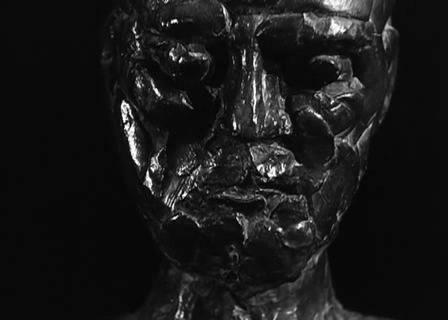Guernica
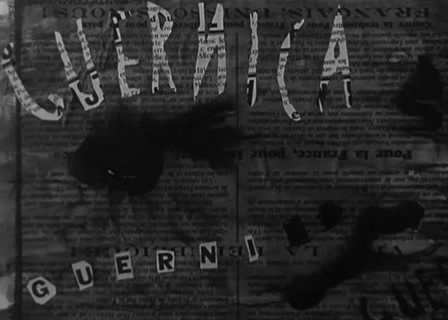
Ils persévèrent ils exagèrent ils ne sont pas de
notre monde
Edna St. Vincent Millay on Lidice (Hitler’s
Madman, dir. Douglas Sirk), Eluard read by Maria Casares (and Jacques Pruvost).
“C’est
une petite ville de Biscaye, capitale traditionnelle du pays Basque... Guernica
n’a qu’une importance historique et sentimentale... jour de marché... la ville fut entièrement incendiée et rasée.”
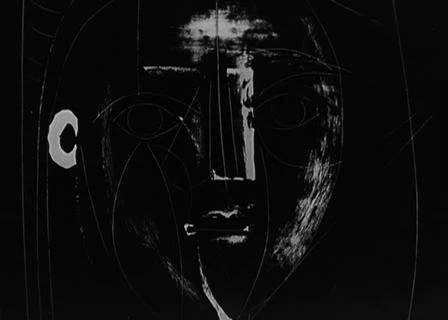
A voluminous
presentation of the artist’s works in support of this, in defense as it
were.
“Les gens de
Guernica sont de petites gens. On a tout lu dans les journaux en buvant son
café : quelque part en Europe, une légion d'assassins écrase la
fourmilière humaine ; quelque part en Europe, et c'est à nos
frontières.”
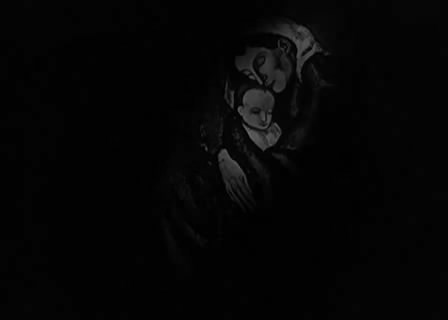
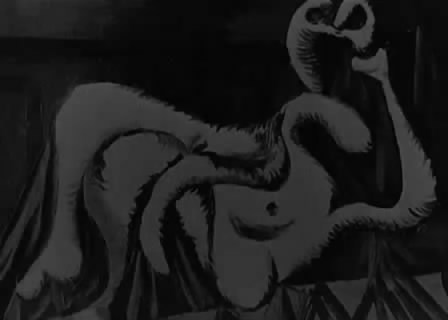
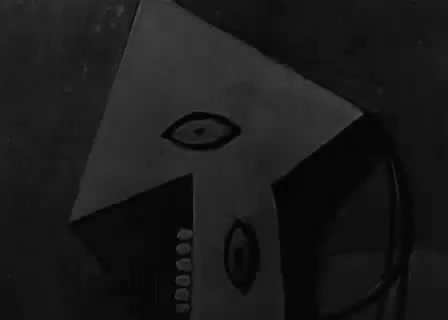
“Le tonnerre est
un ange, les éclairs sont ses ailes !”
It will be seen
that Van Gogh clinches the case (Gauguin in Brittany is among the influences,
Henry Moore on the way).
“Une immonde
détresse, beau monde des masures, de la nuit et des champs. Mes frères, vous
voilà transformés en charogne, en ce squelette brisé. La terre tourne en vos
orbites. Vous êtes un désert pourri et la mort a rompu l'équilibre du
temps.”
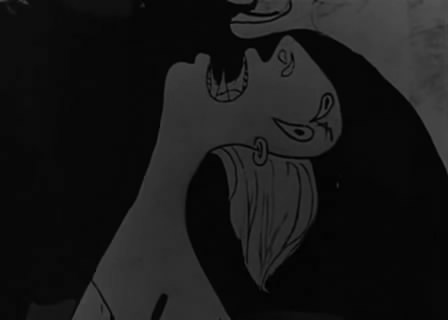
Peter Harcourt (Film Comment), “less troubling
from the hideousness of its subject matter than from the detached yet sensuous
attitude that Resnais and his scriptwriter... bring to it.”
Harvard Film Archive, “uses Picasso’s famous painting as a
point of entry to explore the destructive barbarity of war and the resilience
of man... the rapid, disorienting editing, dissonant music track and fragmented
imagery mirror the tenets of cubism while vividly evoking the physical and
psychological toll of war.”
The San Francisco Chronicle understands
Guernica to be in Las Hurdes (cf. Buñuel) and says the event “is popularly thought to be an
example of a terror bombing—undertaken only to create civilian
chaos—although some historians disagree” (similarly of
Ivens’ The Spanish Earth,
“it’s by no means a balanced account”).
“Guernica ! L'innocence aura raison du crime...
Guernica !”
